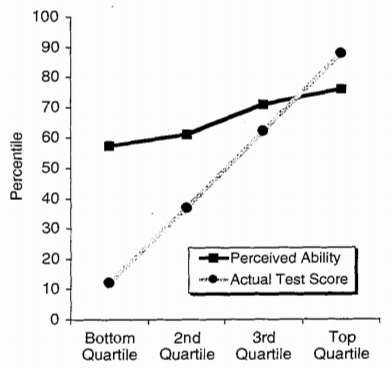This is a repost of an article I wrote in 2015, with a few edits for clarity. I chose this post because the paper I just discussed makes a mention of QGCon, and I was reminiscing about the event.
I’m lucky that the Queerness and Games Conference is right by where I live, and has many fascinating talks on the subjects of queer theory, games studies, and game design.

A major theme at the conference is the idea of going beyond mere character representation. That is, a queer game doesn’t just mean having a character who is queer, or giving the player the choice of who to romance. It could be about having queer themes, such as the theme of rebelling against the status quo.
Of course, me being me, I have a rather different style of thinking from most people at QGCon. At QGCon, no one ever voices disagreement, and everyone is happy and constructive. Who would ever want to discourage all these awesome but anxious creators by saying anything even mildly critical? But personally, I don’t feel like I have properly engaged in any subject until I have cast a critical eye upon it, and listed its disadvantages. So this is the critical discussion of non-character representation that I wish I heard.

